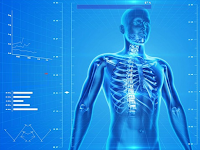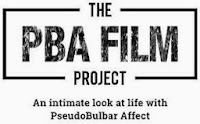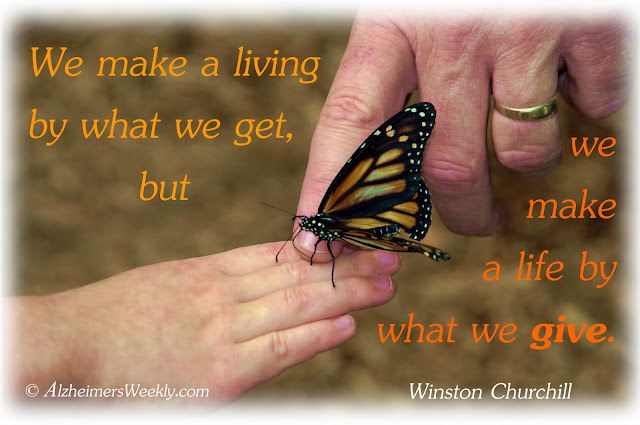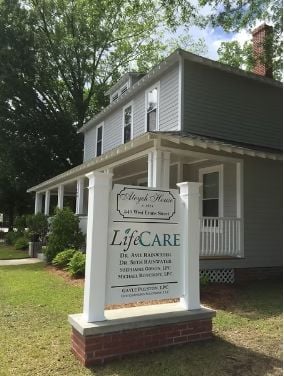
Coronavirus’ Brain Impact
In some cases, COVID-19 patients may present with neurological symptoms. Having an MRI while at the hospital, as well as monitoring after hospitalization, are important

In some cases, COVID-19 patients may present with neurological symptoms. Having an MRI while at the hospital, as well as monitoring after hospitalization, are important

MEDICATION: The most common drug for Alzheimer’s also increases bone mass in mice. Find out what this means for people with dementia in fear of bone

MOVIE TRAILER + ARTICLE:
Two million Americans with Alzheimer’s, stroke and other neurologic conditions suffer from symptoms of PBA. They have uncontrollable outbursts of crying or laughing. See the movie trailer and learn more about it.

PseudoBulbar Affect (PBA) is a distressing neurologic condition characterized by sudden and uncontrolled outbursts of laughing and/or crying. Learn how Nuedexta, a new drug in

Lewy Body dementia is the 2nd most common form of dementia. See
experts at America’s top medical center, The Mayo Clinic, improving the lives of people who struggle with it.

We make a living by what we get,But we make a life by what we give. (Winston Churchill)

Clinical Psychology / Neuropsychology
LIFECARE PSYCHOLOGY GROUP, LLC

SHORT-TERM MEMORY lapses are obvious signs of Alzheimer’s, but other tell-tale signals begin to show much earlier. Learn how to look for semantic impairments, such as simple questions about size.

Three important dementia studies focus on HS-AGING, a type of dementia almost as common as Alzheimer’s in the 85+ group. Yet few people have heard of it. Why? What makes it different?

An intriguing study of 120 grandmothers might surprise you. Doctors know socially engaged people have better cognition and less dementia. But can a person get too much of a good thing? What’s the right balance?

Enjoy this great duet between a musician with dementia and his son. A triumph of spirit over Alzheimer’s! Sing-a-long if you like!
No spam, only news and updates.


